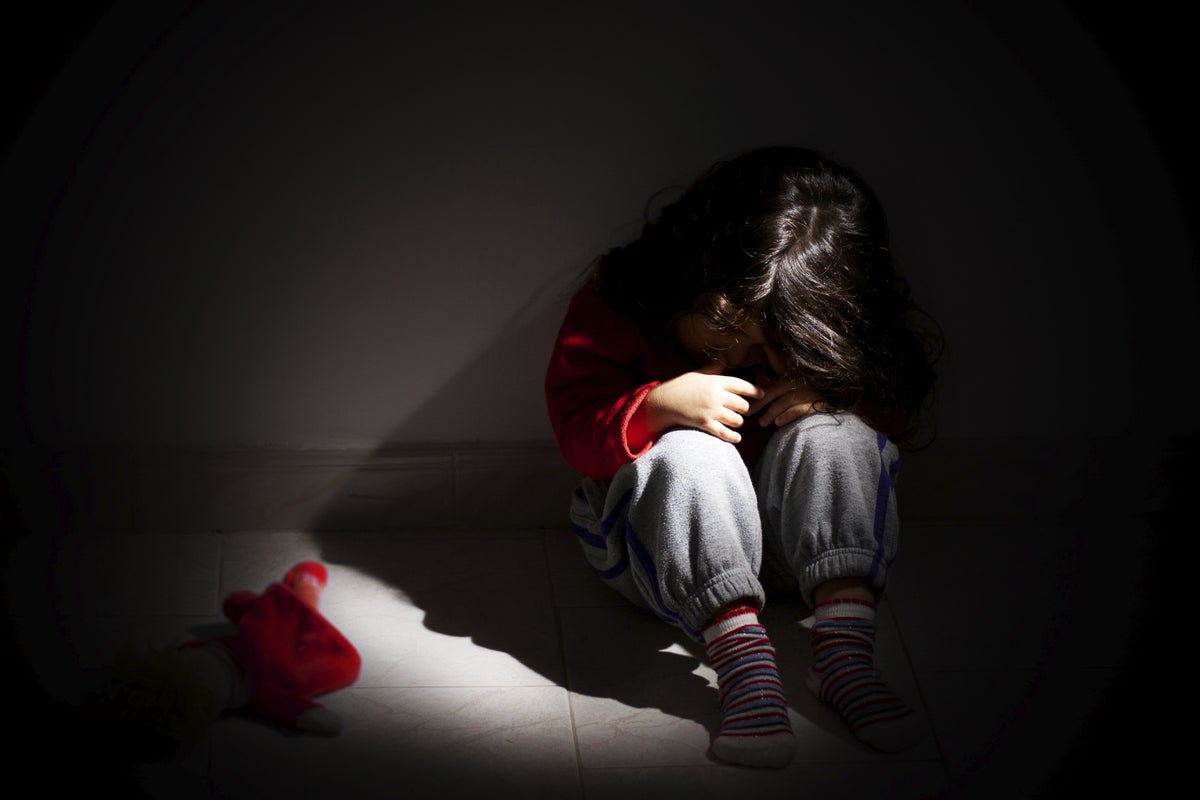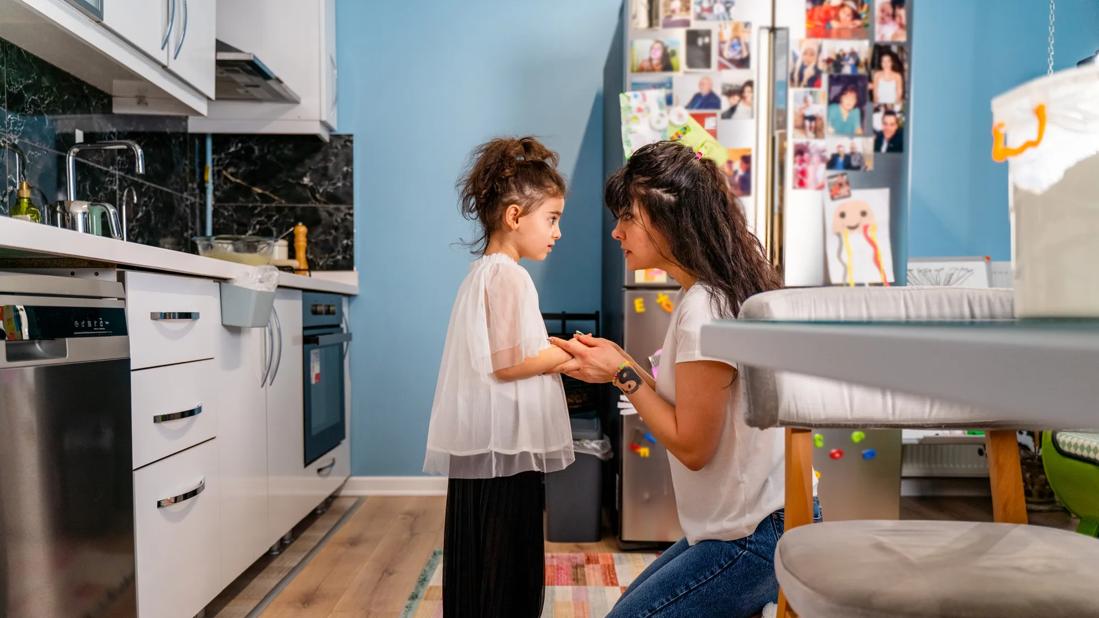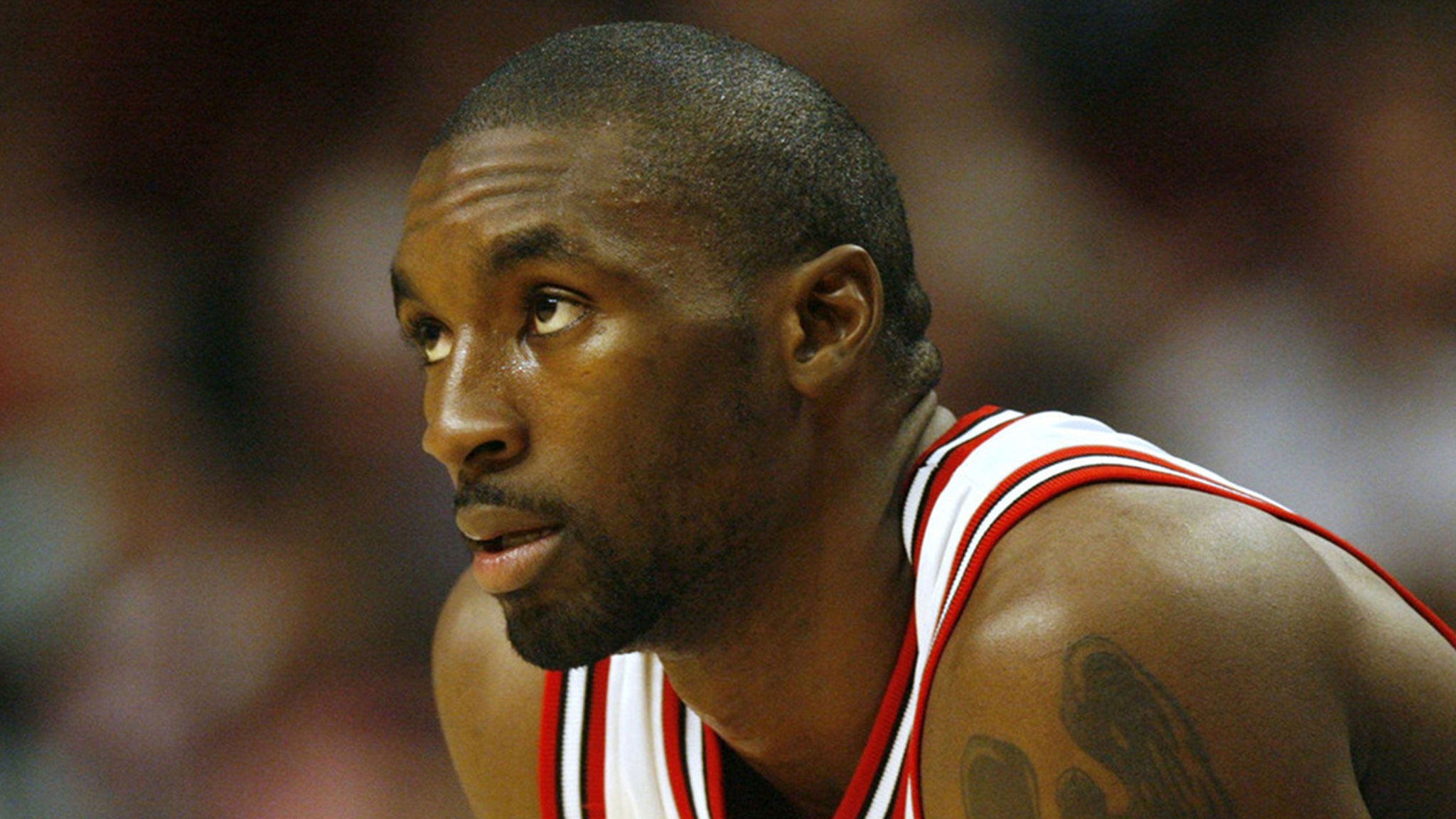?Disagree with this generalization.
Parents teach children the lesson of repercussions for actions by administering punishment. Whether that punishment is a timeout, withholding privileges,,verbal or physical punishment. A correction.
Children from loving parents and households are aware of family guidelines and rules, and when they violate them there is some sort of penalty to reinforce them.
In the real world, as adults, they will live and work in a society where they have to follow rules and laws or face repercussions.
*I don't lump in all forms of physical punishment with abuse.
Do you punish your wife? Do you punish your parents, brothers, sisters, cousins? How about your neighbors and coworkers?
Read up the literature on child-rearing breh, there are PLENTY of ways to teach a child without punishment. I'm not going to get into a long argument with someone who isn't even aware of it, but do your research and learn the alternatives.
But that's all irrelevant to the conversation. Maybe you're a pro-punishment guy and think that's the only way to learn how to be a human being, but even if you want to believe that, beating the kid doesn't have to be a part of it. The VAST majority of actual experts in the fields agree on this, but "tradition" is hard to break:

The Effect of Spanking on the Brain
Spanking found to impact children's brain response, leading to lasting consequences

What Science Says--and Doesn't--about Spanking
Are kids being spanked for acting out or acting out because they’re spanked?

Why You Shouldn’t Spank Your Kids and What To Do Instead
Spanking has long been used as a disciplinary tactic for children, but does it really work? Experts say there are better ways.

People Who Were Spanked Are More Likely to Be Violent in Relationships
There is growing evidence of the need to teach children relationship skills that never escalate to physical harm.
 even if you're pro-spanking/indifferent/etc this one kinda seems like a straightforward "nah"
even if you're pro-spanking/indifferent/etc this one kinda seems like a straightforward "nah" and getting called on it?
and getting called on it? Y'all love yr the white msn
Y'all love yr the white msn
 u joking right?
u joking right?


